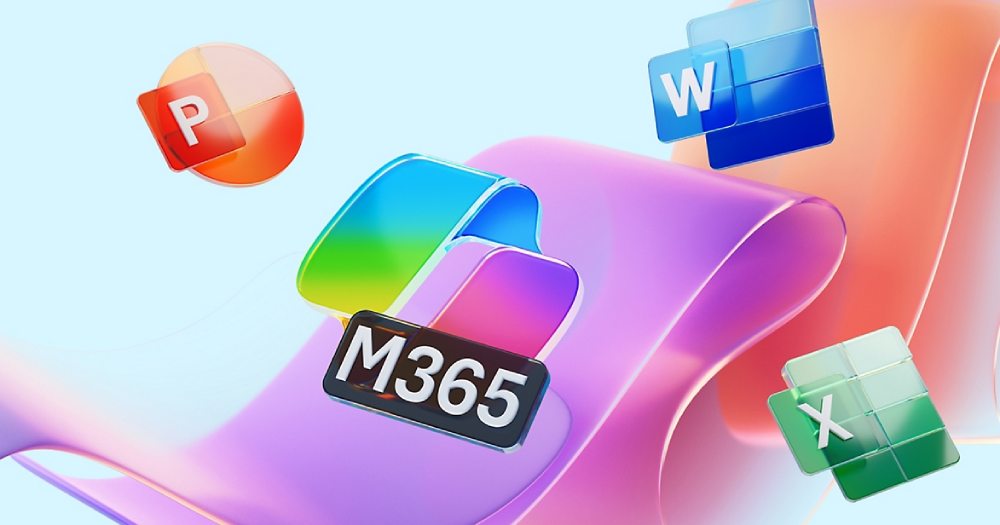UK’s NHS AI test shows unprecedented time and cost savings

In what's being hailed as the largest healthcare AI experiment of its kind, the NHS has just pulled off something remarkable. More than 30,000 staff across 90 NHS organizations tested Microsoft 365 Copilot — and the results are, well, jaw-dropping. Imagine shaving 43 minutes off every workday. That's five extra weeks per person every year. Do the math across the whole system, and we're talking about a potential 400,000 staff hours saved every month. That's not just a boost in efficiency — it's a full-blown productivity revolution for the health service.
"This partnership with Microsoft will help free up staff from spending time on admin so they can focus on what they want to be doing — treating patients," said Dr. Zubir Ahmed, the UK's Health Innovation Minister. And that, in essence, is what this trial is all about: giving time back to the people who save lives.
How does it work?
Microsoft 365 Copilot is no ordinary office tool — it's an AI-powered assistant built directly into apps NHS workers already use daily: Teams, Outlook, Word, Excel, and PowerPoint. Staff simply type a question or prompt, and Copilot jumps into action, drafting notes, summarizing emails, or creating reports in seconds.
Here's what it's capable of:
- Meeting minutes: The NHS runs over a million Teams meetings a month. Copilot could save around 83,000 hours in note-taking time.
- Email summaries: With over 10 million emails sent monthly, that's another 271,000 hours saved by summarizing long threads.
- Task support: Copilot helps manage workflows, create documents, and generate summaries on the fly — reducing admin drudgery that usually eats up precious clinical time.
It's like having a digital scribe, researcher, and assistant rolled into one — always on call, never taking a break.
Why does it matter?
Because time in healthcare is a matter of life and death. Every minute not spent on paperwork is a minute that can be spent caring for patients. The NHS estimates that a full rollout could save millions of pounds every month — money that could be reinvested directly into patient care, frontline staffing, and better services.
Darren Hardman, CEO of Microsoft UK and Ireland, summed it up neatly: "This major trial proves the extraordinary potential of AI to transform healthcare. By reducing admin and giving healthcare workers back a reported 43 minutes every day, Microsoft 365 Copilot can help the NHS redirect hundreds of thousands of hours each month towards patient care."
Beyond efficiency, there's also a morale boost. Anyone who has ever worked in a hospital knows how overwhelming administrative tasks can be. Reducing that number could make healthcare jobs more sustainable — and even help retain staff in a system that has long been under strain.
The context
This trial aligns with the UK government's 10-Year Health Plan, which aims to modernize the NHS by replacing outdated, analogue systems with smarter digital ones. The numbers are already encouraging: NHS productivity for acute trusts rose by 2.7% between April 2024 and March 2025 — beating the 2% annual target.
The message is clear: technology isn't here to replace doctors or nurses — it's here to help them do their jobs better. By working with Microsoft, the NHS is leveraging its substantial purchasing power to secure cutting-edge tools at a lower cost, while ensuring better value for taxpayers.
As the NHS undergoes the biggest digital transformation in its history, this AI experiment offers a glimpse of what's to come: a healthcare system that runs smoother, costs less, and — most importantly — gives its people the time to care.
💡Did you know?
You can take your DHArab experience to the next level with our Premium Membership.👉 Click here to learn more
🛠️Featured tool
 Easy-Peasy
Easy-Peasy
An all-in-one AI tool offering the ability to build no-code AI Bots, create articles & social media posts, convert text into natural speech in 40+ languages, create and edit images, generate videos, and more.
👉 Click here to learn more


